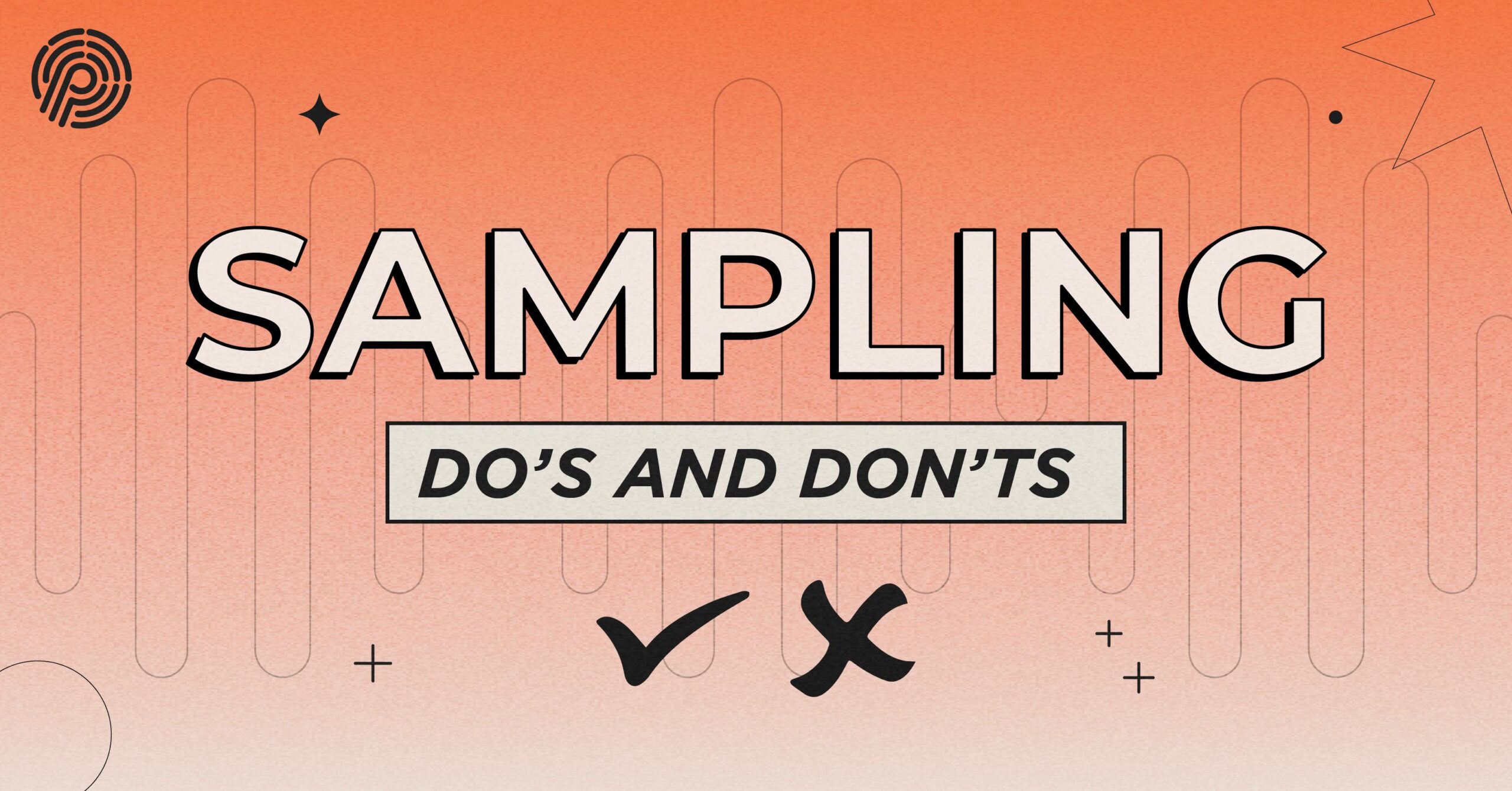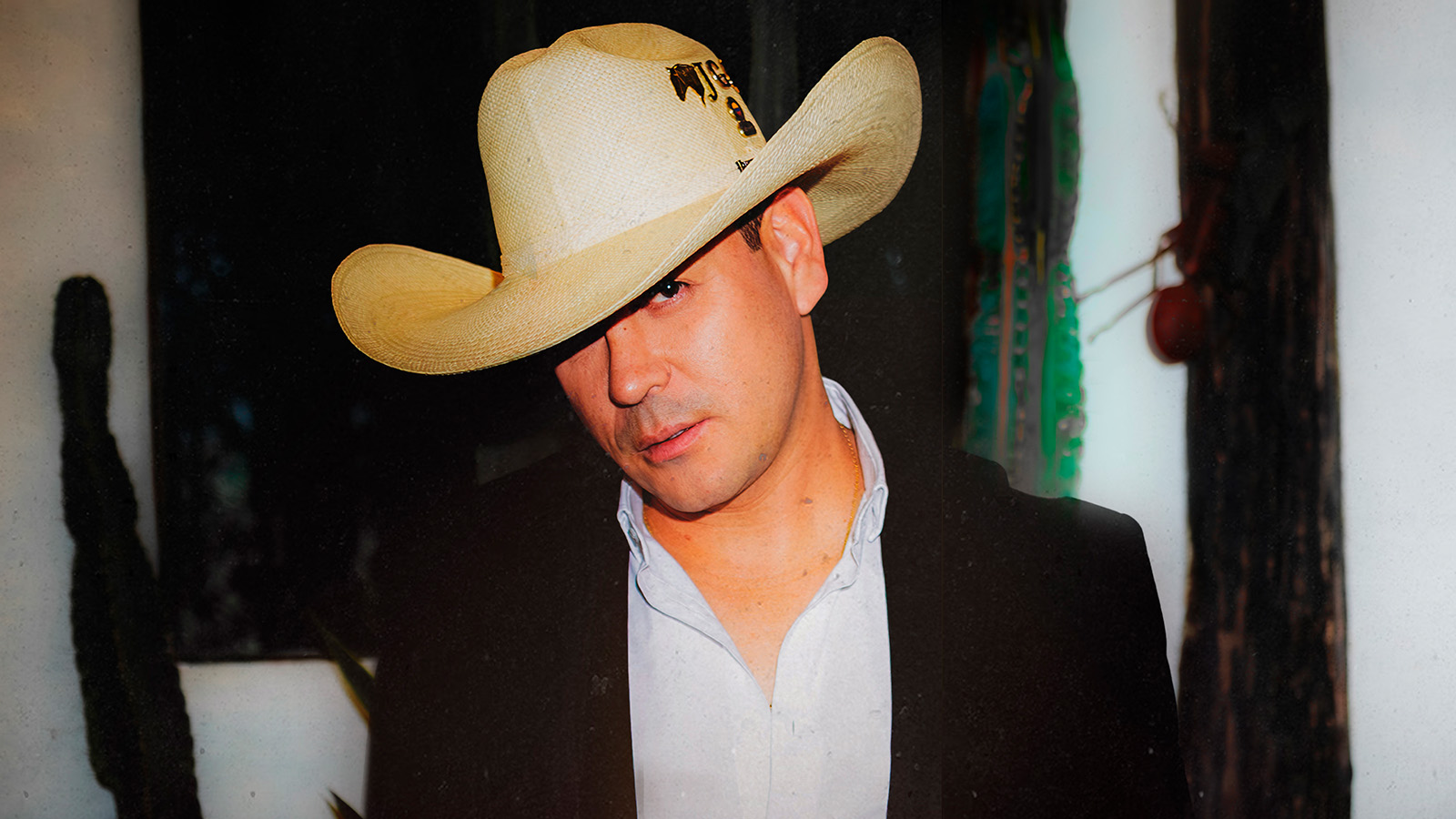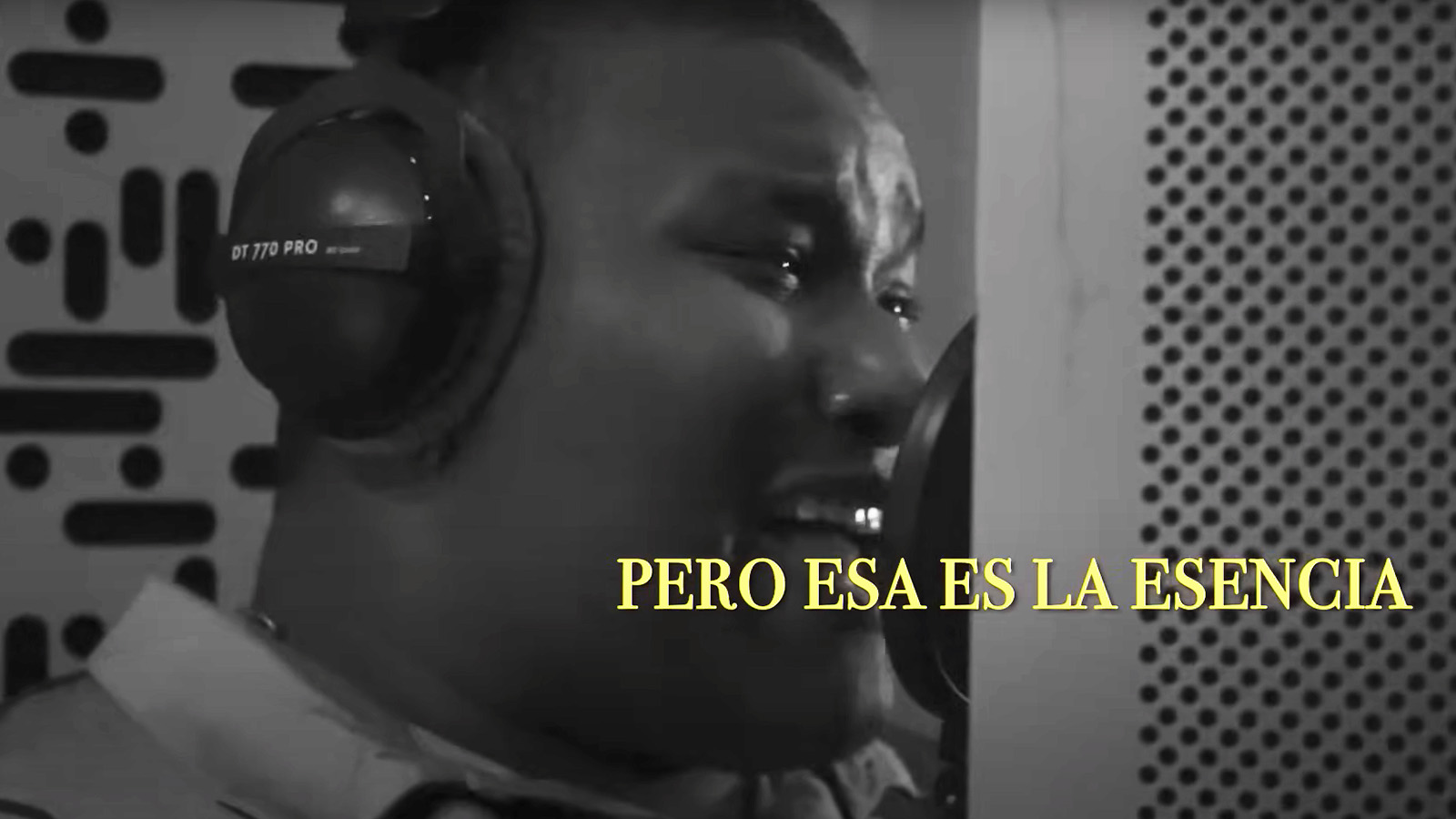First what is a Sample?
A sample is a short fragment of an existing recording used in a new song. It might be a vocal line, a drum loop, a guitar riff, or ambient sound.
Sampling is a widespread practice in today's music production. Genres like hip-hop, pop, and electronic often build tracks around borrowed sounds. The process can boost creativity—but using samples without permission may cause legal trouble.
To stay protected and professional, it's crucial to follow the rules. That's why we at ONE Publishing prepared you a guide to the do's and don'ts of music sampling, so your next release stays safe and original.
Do's: What You Should Do
1. Obtain the Correct Licenses
You need two key licenses:
-
Master Rights: From the owner of the original recording, usually the record label.
-
Publishing Rights: From the authors and composers, usually managed by music publishers.
2. Keep a Detailed Record of the Samples Used
Track the origin of every sample during production. Clear notes help avoid delays when seeking authorization or release approval.
3. Be Transparent with Your Collaborators
Inform all collaborators about sampled parts. Make sure everyone agrees on licensing to prevent conflicts later in the process.
4. Plan Ahead and Use Professionals
Sample clearance is often slow and complex. Plan ahead and let professionals handle the clearance process to avoid legal risks.
Don'ts: What You Should Not Do
1. Don't Use Samples Without Permission
Skipping licenses can lead to lawsuits and removal from platforms like Spotify or YouTube. Always clear your samples.
2. Don't Assume a Small Sample Doesn't Need Licensing
Length doesn't matter. Any use of an original recording requires permission, even short clips under 5 seconds.
3. Don't Rely on Alteration Tools
Changing pitch or tempo doesn't avoid copyright. Even altered fragments require proper licensing from the original rights holders.
4. Don't Forget to Credit the Rights Holders
After obtaining permission, include proper credits when releasing your song. This step is often part of the licensing agreement.
Learn more about Publishing Essentials.
Music Is Everything.





